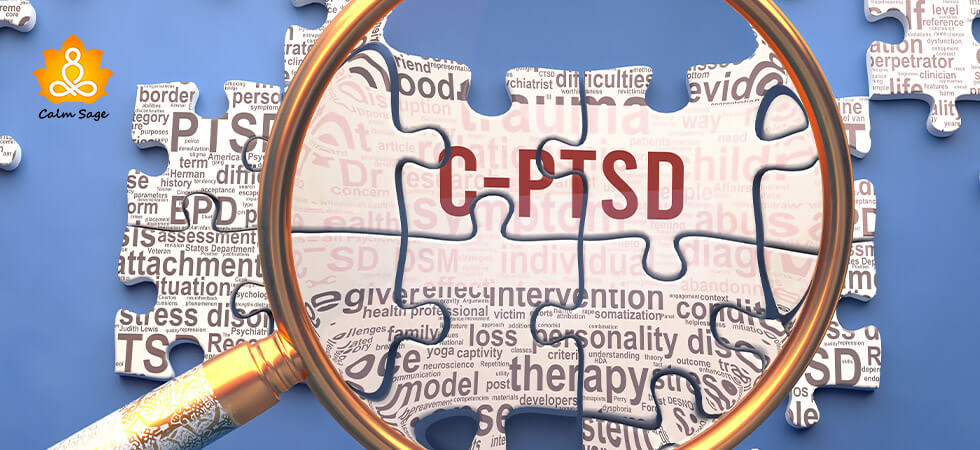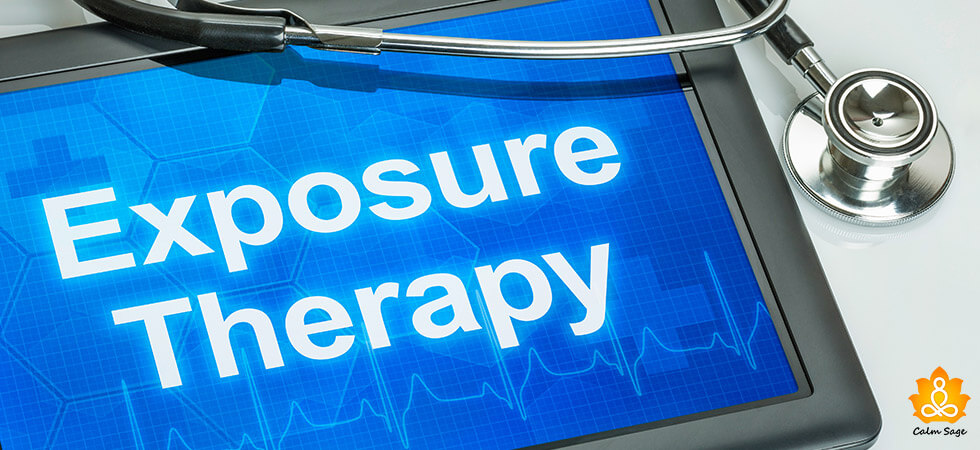What Is Complex PTSD (C-PTSD)? How Is It Different From PTSD?

Complex Post Traumatic Stress Disorder (C-PTSD) is definitely not a new diagnosis that came out to be all of a sudden. Mental health experts have been debating for years now and most of them were demanding an official diagnosis for Complex PTSD.
Finally, this year (2022) Complex PTSD has finally been introduced in the latest updated version of International Classification of Diseases and Related Health Problems (ICD- 11). C-PTSD now has its own diagnostic criteria and finally can be diagnosed and treated separately from the broad spectrum of Post traumatic stress disorder (PTSD) as a whole.
But the question here is, how can one differentiate between Complex PTSD and PTSD? Both seem to revolve around trauma and trauma associated with stress disorder. What makes C-PTSD different from PTSD? Is it the complexity of the symptoms and stress involved or is there something else?
Let’s Find out…
Understanding Complex PTSD (C-PTSD)
Complex post-traumatic stress disorder is a psychiatric condition, an anxiety disorder, which consists of most symptoms of PTSD with some additional symptoms of its own. Since it has branched out of PTSD, both C-PTSD and PTSD are very similar.
The most visible difference between Complex PTSD and PTSD is in the symptoms and the causes. Although the base symptoms and causes remain the same, complex PTSD has some additional symptoms and the causes of C-PTSD is different from PTSD in terms of length and the number of times one experiences the same traumatic event.
So, you can basically say that complex PTSD happens when you either experience a traumatic incident more than just one time or your traumatic experience continues for a prolonged period of time. This intensity of complex PTSD was in fact the reason mental health professionals felt the need of bifurcating PTSD into other branches.
Let’s look at the symptoms of C-PTSD and see how different they are from PTSD…
C-PTSD v/s PTSD: Symptoms
If we talk about the symptoms of C-PTSD v/s PTSD, we will not find very big of a difference but these few additional symptoms which C-PTSD has, are the only way one can tell both these conditions apart. Therefore, it’s very important to know that additional symptoms of C-PTSD, but first let’s quickly brush upon the symptoms of PTSD or I should rather say, “the common symptoms between C-PTSD v/s PTSD”;
Symptoms of PTSD
- Agitation, irritability & Hostility
- Social alienation
- Feelings of severe anxiety, stress & fear
- Hypervigilance
- Flashbacks & nightmare
- Trust issues
- No interest in pleasurable activities
- Emotional detachment
- Unwanted thoughts or intrusive thinking
- Sleep disturbances
- Self destructive behavior
- Feelings of loneliness & toxic guilt
Additional Symptoms Of C-PTSD
Note: Complex PTSD involves all the symptoms of PTSD with some additional symptoms of its own.
- Difficulty in controlling your emotions
- Low self-worth and negative self-view
- Detachment from trauma
- Depersonalization
- Loss of meaning in life ( loss of values, beliefs, hope, faith, etc)
- Relationship issues (either avoid getting in one or have an unhealthy relationship)
Complex PTSD Diagnosis
Diagnostic and statistical manual of mental disorders fifth edition (DSM -V) has not registered Complex PTSD as an official disorder yet but the International Classification of Diseases and Related Health Problems (ICD- 11) does give Complex PTSD a place.
Let’s have a look at the diagnostic criteria of Complex PTSD as mentioned in the latest updated version of ICD-11;
Exposure to an event or series of events of an extremely threatening or horrific nature, most commonly prolonged or repetitive events from which escape is difficult or impossible.
- Re-experiencing the traumatic event after the traumatic event has occurred
- Deliberate avoidance of reminders is likely to produce re-experiencing of the traumatic event(s).
- Persistent perceptions of heightened current threat
- The startle reaction may in some cases be diminished rather than enhanced.
- Severe and pervasive problems in ‘affect’ regulation.
- Persistent beliefs about oneself as diminished, defeated or worthless, accompanied by deep and pervasive feelings of shame, guilt or failure related to the stressor.
- Persistent difficulties in sustaining relationships and in feeling close to others.
- The disturbance results in significant impairment in personal, family, social, educational, occupational or other important areas of functioning.
- Suicidal ideation and behavior, substance abuse, depressive symptoms, psychotic symptoms, and somatic complaints may be present.
Complex PTSD Treatment & 4 Simple Ways Of Overcoming Complex PTSD
The treatment options of complex PTSD are similar to that of post-traumatic stress disorder because in both cases one needs to process trauma and move on with it through a smooth process. Let’s give a quick look at the Complex PTSD treatment and for bonus there are 4 simple ways of overcoming complex PTSD;
Complex PTSD Treatment;
- Medicines: antianxiety & antidepressants
- Psychotherapy: Cognitive behavioral therapy, eye movement desensitization and reprocessing (EMDR), etc.
4 Simple Ways Of Overcoming Complex PTSD;
- Keep a thought tracker or a thought journal
- Begin mindfulness meditation
- Have strong social support
- Seek professional help
That’s All Folks!
I hope you found this blog about Complex PTSD and information on C-PTSD v/s PTSD helpful. Do share this blog with your friends and family so that we can all identify between complex PTSD and PTSD.
Thanks for reading.
Take care and stay safe.




















